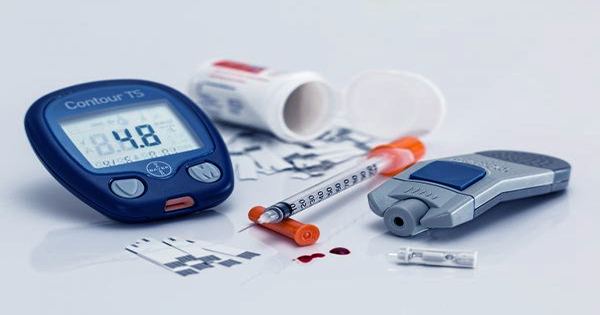Founders tend to build businesses around their expertise, and Frank Westermann and Anton Kittelberger are experts in diabetes.
They met and became friends because they both have type 1 diabetes – Westermann was diagnosed over 25 years ago — and in 2012, they launched the MySugr diabetic self-management app (they won a TC pitch-off back in 2011). Westermann relocated to the United States from Austria four years later to launch MySugr to the American market before Roche bought the company for $100 million in 2017.
In April, the couple embarked on their next adventure, this time in the world of diabetes, launching 9am.health, a virtual diabetes clinic that provides people with prediabetes and types 2 diabetes with individualized care and cheap meds from the comfort of their own homes, the clinic at 9am.health opened in August.
According to Westermann, the San Diego-based startup announced a $3.7 million seed round today from Founders Fund, Define Ventures, Speedinvest, and iSeed Ventures to target the 1 in 3 Americans living with diabetes.
“We understand the difficulties that persons with prediabetes and type 2 diabetes face on a daily basis,” he continued. “We send a kit with tests to your house, and you send it back to us,” she says. “Rather than having patients wait weeks for an appointment, we send a kit with tests to your home, and you return it back to us.” 9am.health began in Texas and California and has already expanded to 33 states. Patients are being found through digital outreach, community outreach, and hospital visits.
Even with insurance, the average diabetic spends $16,750 per year on medical bills, which is almost 2.3 times greater than if they didn’t have the disease. Instead, customers can pay $25 per month for a subscription to 9am.health, which includes online prescription delivery and limitless personal medical care. Add-ons include diabetes, hypertension, and hyperlipidemia drugs, as well as at-home lab tests.
Other startups are working in the diabetes field, according to Westermann, but 9am.health stands out because it provides “a digital front door for whole diabetes care,” whereas others focus on specific pain points. By employing that approach, he sees an opportunity to expand beyond diabetes to other chronic diseases, as many people with diabetes — 98 percent of Americans, in fact — also have other comorbidities such as high blood pressure, high cholesterol, and mental health problems, he added.
















